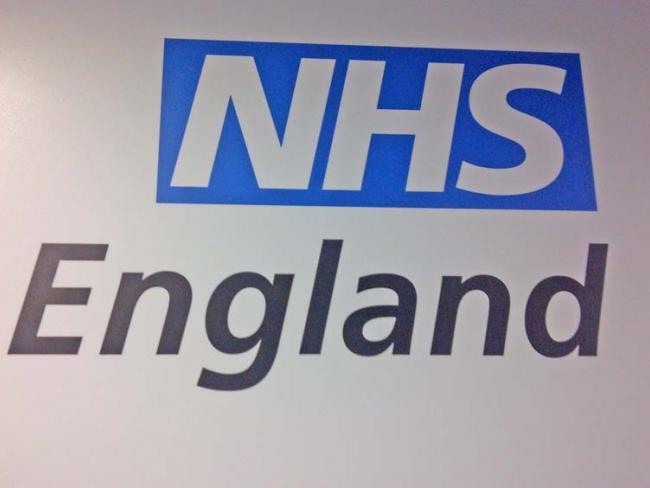The NHS’s Primary Care Support Services (PCS) – for many years known as Family Health Services – were privatised in April, transferred to multinational profit-sucker Capita, along with over a thousand workers. Their union, Unison, did what it could to protect workers in the absence of any stomach for a fight on the part of the workers. How have things gone?
‘The worst reorganisation we’ve ever dealt with.’
In the words of the leading trade magazine, the Health Service Journal, “PCS is in an almighty mess.” The opening sentence of its article began, “NHS England’s decision to outsource a set of unglamorous but utterly critical primary care support functions is not currently looking like a wise one.” Privately, senior NHS managers admitted to Unison negotiators at the time that “this is the worst reorganisation we’ve ever dealt with”. Which is saying something.
Two principal problems have occurred. First, Capita has proved unable to move patient records around the system. Secondly, its call centre has been overwhelmed, thus proving the accuracy of Unison’s prediction when it was announced that Capita would be closing most of the existing 22 offices and relocating to three centres (sacking hundreds of workers in the process).
‘Simplistic’
The chair of the British Medical Association’s GP Committee, Chaand Nagpaul, said, “The idea of outsourcing appears attractive in offering more for less, but that is based on a very simplistic view of how the NHS functions…the NHS functions on organisational memory, and you cannot just take a service over and run it better.”
His statement makes it all the more disappointing that Unison’s repeated attempts to involve the BMA in its opposition to the privatisation led to nothing at the time – at a time when such opposition from GPs could have played an important role in preventing the sell-off.
Trojan horse
There is much to learn from this saga (and not much point in saying “we told you so”). Had workers organised in these workplaces taken a firm stand, with proper leadership and with the support of GPs, they might have prevented this asset-stripping. But they preferred to take redundancy or early retirement – so often the Trojan horse in NHS Unions battles to defend the service.
But lessons must be learned. The next time such a proposal is made we must be ready to take it apart. And as it’s a seven-year contract, there’s an awfully long time ahead to learn those lessons.

